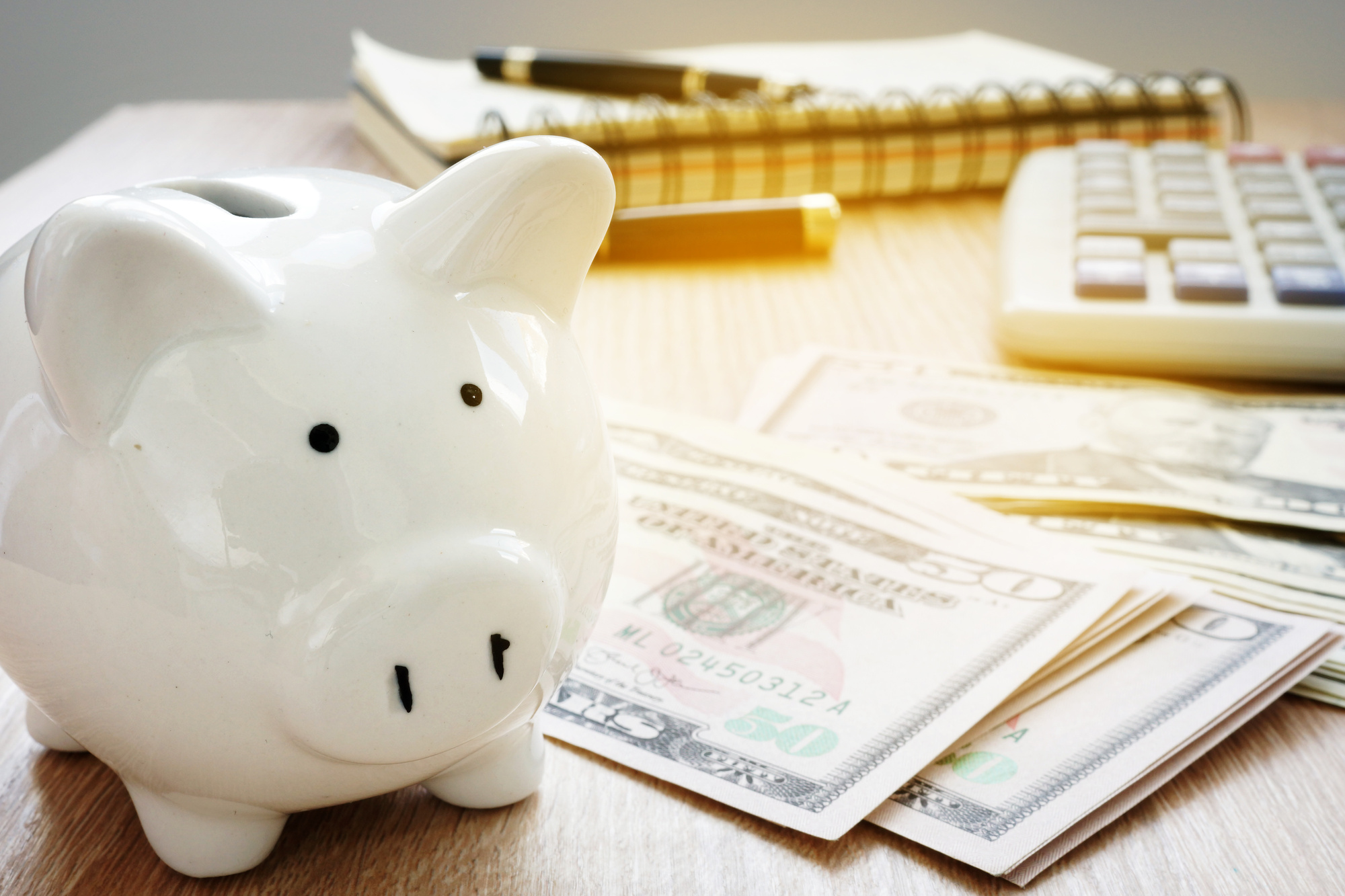Even in times when the economy is booming, nearly three-quarters of Americans report not being financially secure. Living in a state of financial insecurity can be incredibly stressful and can take a toll on every area of your life. Working toward better financial health is hard, but it can be a major improvement in your life.
If you’re in a bad financial spot, how do you dig yourself out of that hole and work towards financial security? Read on to learn more about how you can tackle money challenges and create a better life for yourself and your family.
Set Up a Budget
When you’re working to establish financial security, the first thing you should do is to set up a budget. For one thing, a budget will help you meet your financial goals week to week and month to month. But it can also show you areas of your spending that could be adjusted and give you more insight into your spending habits.
Start by making a list of all your monthly expenses, including housing costs, utility bills, loan payments, etc. Then set aside money for savings (more on that later) and look at how much you have left. Divide what you have into categories, including food, transportation, clothing, and leisure activities, and try to stick to those spending amounts each month.
Pay Down Debt
Once your budget is established, your next important step toward financial security will be paying down debt. You can’t get ahead financially while you’re paying off loans and credit cards, so paying off those debts is critical. The key to paying off debt is to take things one loan at a time.
Each month, pay the minimum you have to on each debt, and then put any additional money you have into paying off your smallest source of debt. Once that debt is paid off, roll the money you were putting toward that payment into your next-largest loan. Continue working through your debts like this until you’ve paid everything off.
Set Up An Emergency Fund
One of the biggest parts of financial security is knowing that your personal finances aren’t going to collapse after one disaster. An emergency fund gives you the security net you need in case your car breaks down, something goes wrong with your house, or you get hurt. When you first establish a savings account, building up an emergency fund should be at the top of your priority list.
Put in as much as you can afford to each month until you get your emergency fund to at least $1,000. This money shouldn’t be touched except, of course, in case of a true emergency. And don’t stop building that savings once you hit the $1,000 mark – ideally, you should have three months’ worth of income in savings for emergencies.
Roll Your Savings into Your Bills
Saving money can seem hard or impossible, especially if you’re working on a tight budget. One way to make it easier to meet your savings goals is to treat your savings as another one of your bills. You wouldn’t skip your mortgage or rent payment, so why would you skip out on putting money in your savings?
Some banks offer the option to automate transfers to savings on certain days of the month. If you have this option, go for it; have the money transferred to your savings the day after you get paid. If you never notice the money was there, to begin with, you won’t miss it, and your savings will continue to grow.
Establish a Retirement Account
Of course, real financial security is about more than getting to a financially healthy place in the present. You also have to plan for your future and make sure you won’t run out of money even once you stop working. Establishing a retirement account is a critical part of any money management plan.
If your employer offers a match plan on your retirement account, plan to contribute at least as much as their maximum match amount. For instance, if they’ll match contributions up to 6 percent of your income, you should be contributing at least 6 percent. Contributing less is leaving free money on the table.
Get Insurance
It may sound strange, but getting insurance is also a critical part of financial planning. Having your emergency fund is wonderful, but even a strong emergency fund could be wiped out by a serious injury or illness. A strong insurance policy can protect the financial security you’ve worked so hard to build.
If you don’t have employer-provided health insurance, look into purchasing private health insurance through the healthcare marketplace. Depending on your income level, you may qualify for lower premiums that can make these plans more affordable. Car and home insurance are also a must, even if your state or lender doesn’t already require you to have them.
Learn How to Establish Financial Security
Financial security can do a lot more for you than just pay your bills – it can give you peace of mind and a comfortable life. The first step to financial security is establishing a budget and then working to pay down debt. You also need to build your savings, including setting up a retirement account and get insurance to protect the pad you’ve worked so hard to build.
If you’d like to learn more about how to establish financial security, check out the rest of our site at My Guaranteed Income. We are a wealth practice for responsible women where women create confidence in their financial future. Let’s talk today about how you can build a secure future for yourself.
Schedule a Retirement Strategy session with Jen Trowbridge, Financial Advisor.


 7 Common Retirement Planning Mistakes and How to Avoid Them
7 Common Retirement Planning Mistakes and How to Avoid Them »
»